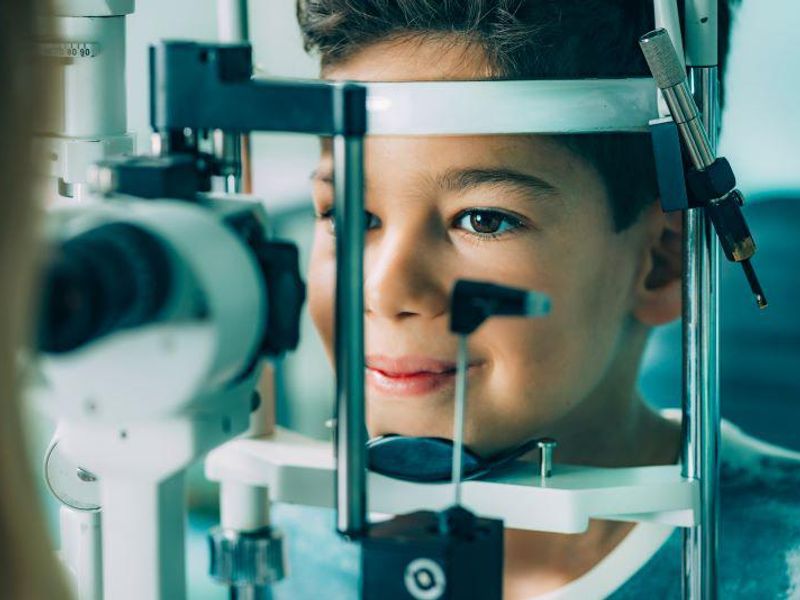TUESDAY, Aug. 23, 2022 (HealthDay News) — For myopic children, the caffeine metabolite 7-methylxanthine (7-MX) is associated with reduced myopia progression and reduced axial elongation, according to a study published online Aug. 22 in the British Journal of Ophthalmology.
Klaus Trier, M.D., from Trier Research Laboratories in Hellerup, Denmark, and colleagues examined the rate of myopia progression in 711 myopic children from Denmark treated with varying doses of oral 7-MX (0 to 1,200 mg/day). The median age was 11.1 years at baseline, and children were followed for an average of 3.6 years.
The researchers found that the average myopia progression was 1.34 diopters (D). 7-MX treatment was associated with a reduced rate of myopia progression and axial elongation. On average, modeling suggested that an 11-year-old child receiving 1,000 mg 7-MX daily would develop −1.43 D of myopia over the subsequent six years compared with −2.27 D without treatment. Over six years, in this child, the axial length would increase by 0.84 mm with a daily dose of 1,000 mg 7-MX compared with 1.01 mm without treatment. There were no reports of adverse effects of 7-MX therapy.
“The study design only allowed us to conclude that an increased dose of 7-MX was associated with slowed myopia progression and axial elongation,” the authors write. “The question of causality and the size of a possible treatment effect can only be determined through a randomized trial.”
Abstract/Full Text (subscription or payment may be required)
Copyright © 2022 HealthDay. All rights reserved.


